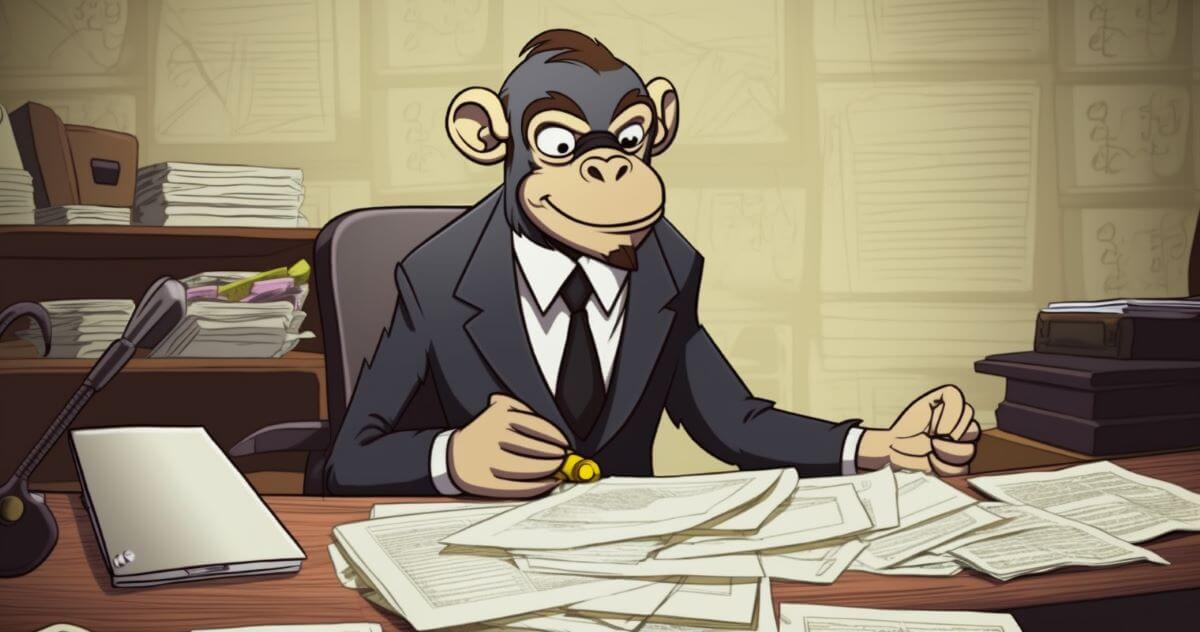monkey business
Meaning of the phrase:
-1. deceitful or dishonest conduct 2. silly, foolish or mischievous behavior
· I thought being a nanny would be all fun and games, until I realized how much monkey business was involved in trying to entertain a group of toddlers who think that eating crayons is a good idea.
Origin of the phrase:
Monkeys are a wild bunch. If you’ve ever spent any time around them, you know they’re always up to something that will make you scratch your head or laugh out loud. And if you’re wondering what constitutes monkey business, well, it’s all about mischief, silliness, and occasionally a bit of sneakiness. But they can also be deceitful… just like some humans we know. Despite their occasional shenanigans, there’s no denying that these fascinating creatures are endlessly entertaining to observe.
People have been comparing each other to animals for centuries, and it’s not hard to see why. Foxes are sly, lions are brave, and monkeys…well, let’s just say they have a whole zoo of adjectives to their name. They can be silly, mischievous, foolish, unpredictable, and even downright dishonest and deceitful. I mean, have you ever seen a monkey steal someone’s lunch? They might as well be wearing a tiny striped shirt and a black mask. But really, it’s not their fault they’re so mischievous – they’re just naturally curious creatures who like to have a good time. And isn’t that something we can all relate to?
The earliest written example of this phrase can be found in The Examiner in 1835:
It remains for the juste milieu, which are amidships, to consider whether they will not quash this ‘monkey business,’ by hauling down the rag of offence, on condition that the other shall disappear along with it
But interestingly, there’s a similar phrase that’s been around for centuries: “monkey tricks.” This term has essentially the same meaning, and an example of it can be found all the way back in 1653:
Bringe it [sc. a colt] with you in your coach, and then she will teach it all her Monkey tricks.
So, which came first? The monkey business or the monkey tricks? Some people think that “monkey business” may have been inspired by the earlier phrase, but others, including the Oxford English Dictionary, believe that it is an American phrase that was derived from a Sanskrit phrase: “vānara-karman.” In Sanskrit, “vānara” means monkey and “karman” means action or work. Therefore, it’s possible that “monkey business” is more or less a literal translation of this ancient phrase.
But does the origin of “monkey business” really matter? After all, monkeys have been going wild with their antics for centuries. And us humans, well, we’re not above joining in on the fun. We love to let loose, act silly, and maybe even stir up a little trouble every now and then. So why not embrace our inner primates and engage in a bit of monkey business every once in a while? Just be sure to keep your eyes peeled for any sneaky monkeys who might be trying to get you to go bananas with them!
